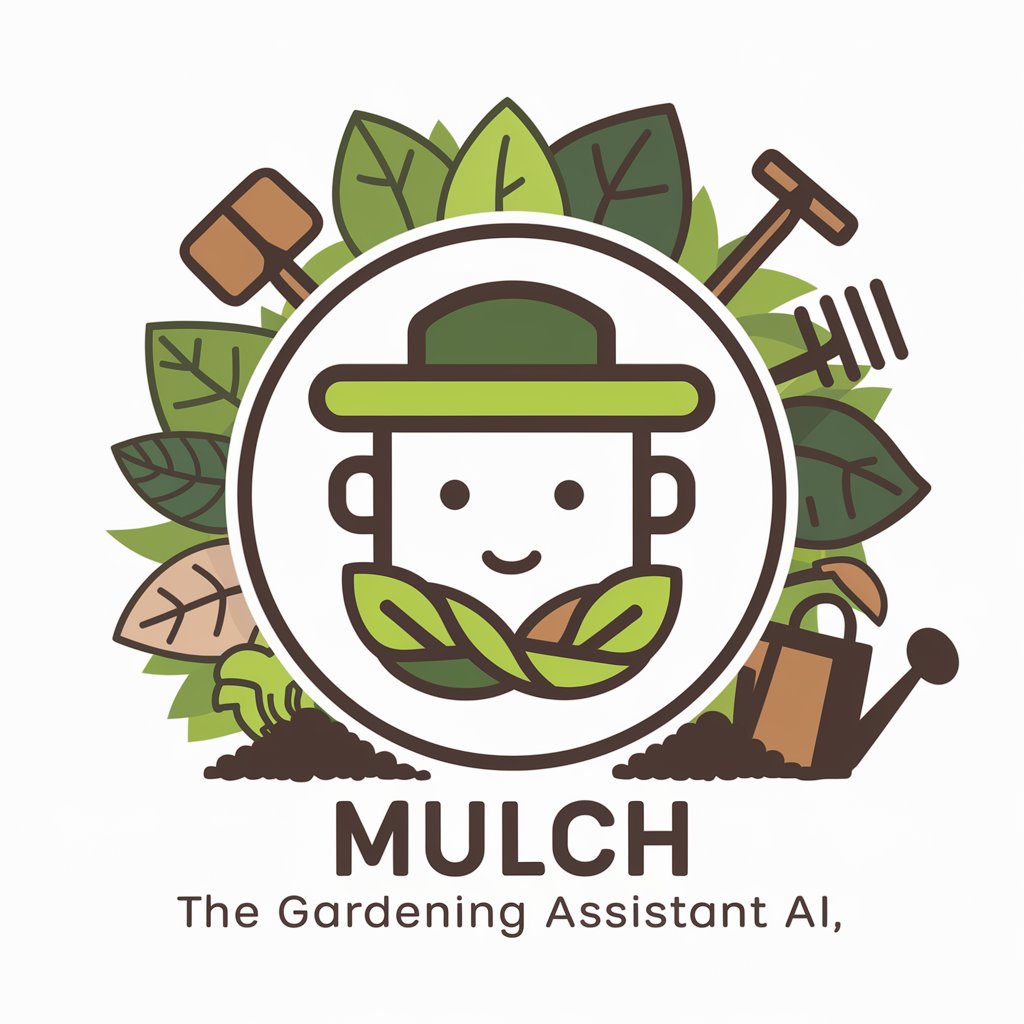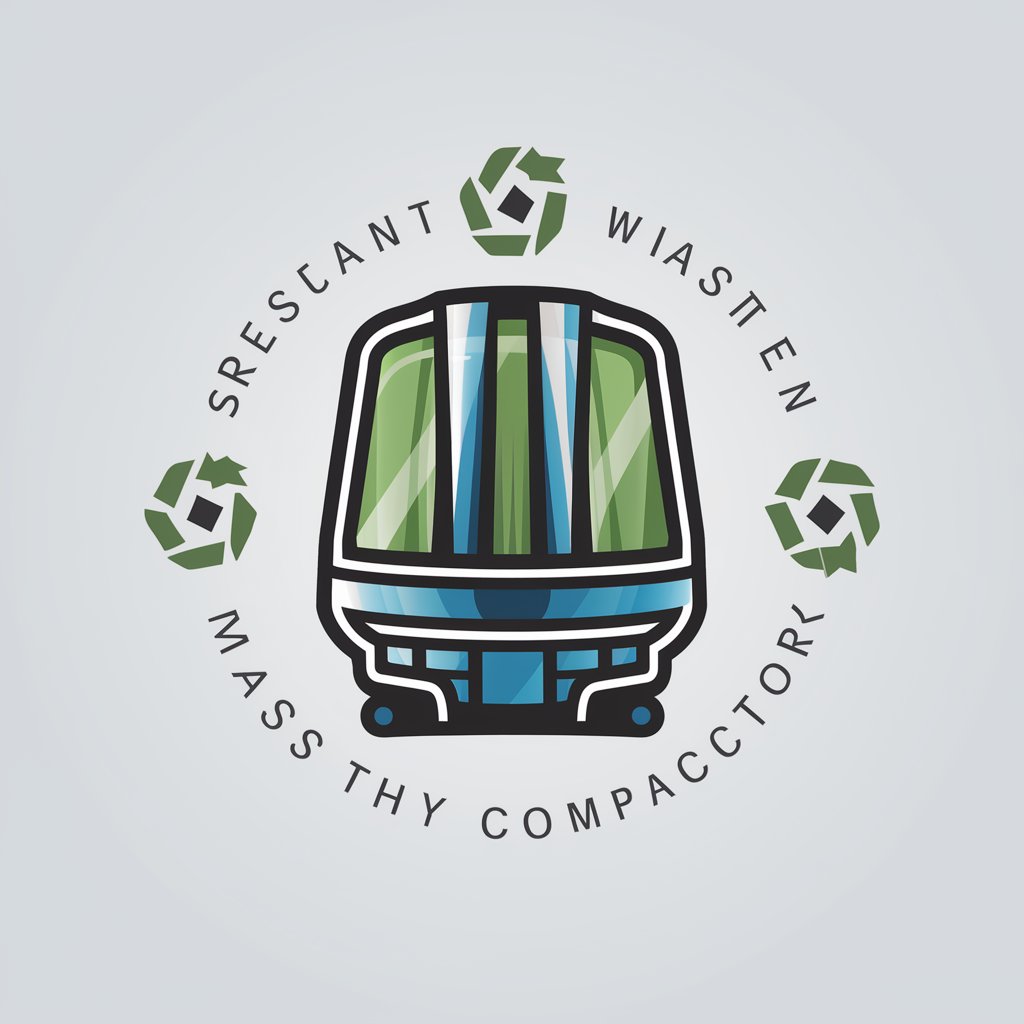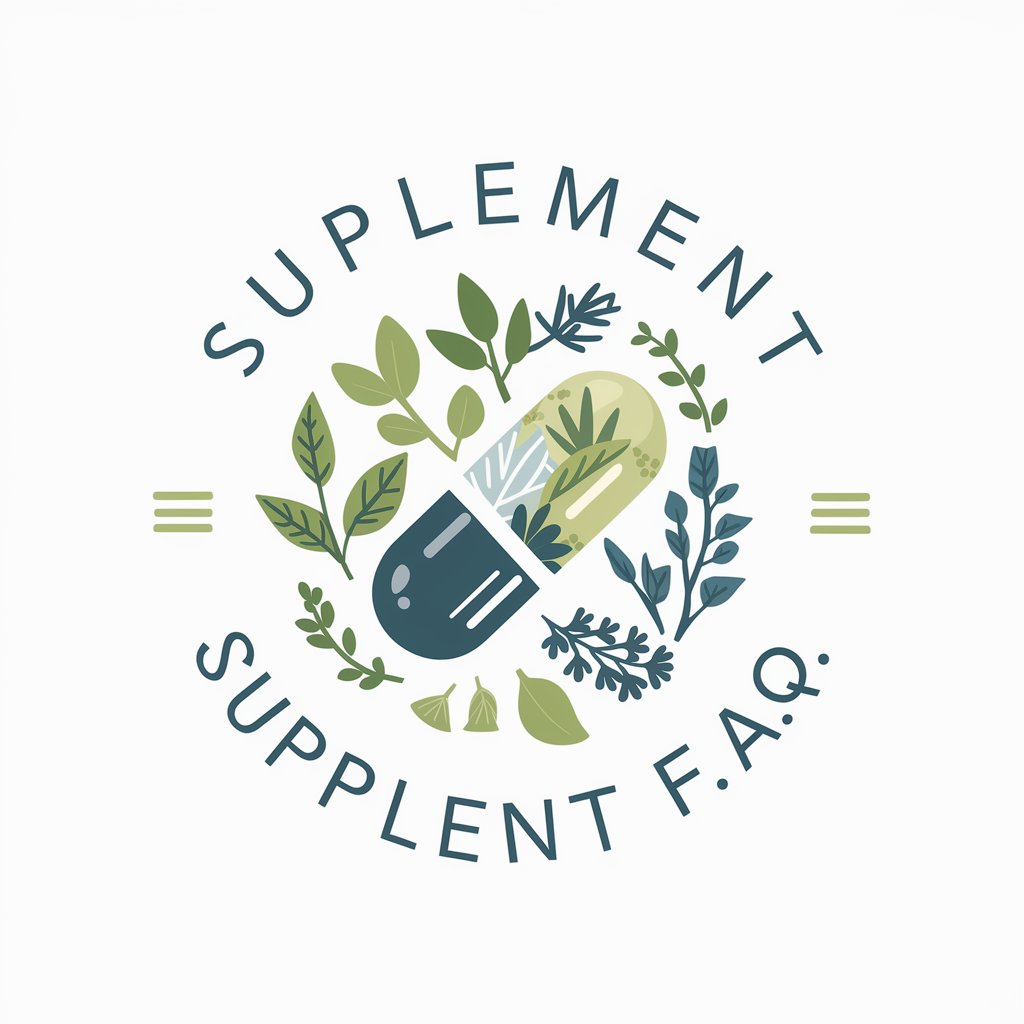
Mulch - Mulch Advice and Tips

Hello! I'm here to help with all your mulching and gardening needs.
Empowering Gardens with AI-Driven Mulch Insights
What type of mulch is best for retaining moisture in a vegetable garden?
Can you explain the benefits of using organic mulch in flower beds?
How do I choose the right mulch for weed control in my garden?
What are some sustainable mulching practices for improving soil health?
Get Embed Code
Overview of Mulch GPT
Mulch GPT is designed to serve as an expert guide in the field of gardening, specifically focusing on the usage, benefits, and types of mulch. Its core purpose is to provide tailored advice to gardeners, helping them select the right mulch for their needs, understand the best mulching techniques, and grasp the environmental benefits of different mulching materials. Whether a user is trying to improve soil health, control weeds, or conserve soil moisture, Mulch GPT offers insights and recommendations based on the latest gardening practices and sustainable approaches. For instance, it can guide someone through the process of choosing between organic mulches like straw or bark chips for moisture retention and weed control, or inorganic mulches like rubber chips for long-lasting coverage in playgrounds or paths. Powered by ChatGPT-4o。

Key Functions of Mulch GPT
Personalized Mulch Recommendations
Example
Assisting a user in selecting a mulch type that improves soil fertility in a vegetable garden.
Scenario
A gardener seeks advice on the best mulch for their vegetable patch to enhance growth and yield. Mulch GPT evaluates factors like local climate, soil type, and specific vegetable needs, recommending organic compost mulch for its nutrient-rich properties and moisture retention capabilities.
Mulching Techniques and Timing
Example
Guiding on the optimal mulching season and techniques for a specific plant type.
Scenario
An enthusiast wants to protect their rose bushes over winter. Mulch GPT advises on applying a thick layer of straw mulch in late fall to insulate the roots against freezing temperatures, demonstrating proper application techniques to avoid stem rot.
Environmental and Sustainable Gardening Practices
Example
Promoting the use of locally sourced, sustainable mulch options.
Scenario
A community garden is exploring environmentally friendly mulching options. Mulch GPT suggests using local leaf mold or grass clippings as mulch, highlighting their benefits in reducing garden waste, improving soil health, and supporting local ecosystems.
Who Benefits Most from Mulch GPT
Home Gardeners
Individuals managing their own gardens, from novices seeking basic guidance to experienced gardeners looking for advanced mulching strategies. They benefit from personalized advice that can transform their gardening practices, enhancing plant health and garden aesthetics.
Landscaping Professionals
Professionals tasked with designing, implementing, and maintaining landscapes for clients. They utilize Mulch GPT to stay informed about the latest sustainable mulching materials and techniques, ensuring their projects meet both aesthetic and ecological standards.
Environmental Educators
Teachers or workshop leaders focusing on sustainable gardening practices. Mulch GPT serves as a resource for curating content on the environmental benefits of mulching, helping to educate students and participants about responsible gardening.

How to Use Mulch: A Simple Guide
Explore Free Trials
Start by exploring platforms offering free trials without the need for login or a ChatGPT Plus subscription, ensuring accessibility and ease of use.
Select the Right Type
Choose the appropriate type of mulch based on your garden's needs, such as organic mulch for soil health or inorganic for weed control.
Prepare the Area
Clear the area of weeds and debris. If applying around plants, leave some space around the stem to prevent rot.
Apply the Mulch
Spread the mulch evenly over the soil, maintaining a thickness of 2-4 inches to effectively retain moisture and suppress weeds.
Regular Maintenance
Check periodically and add more mulch as needed, especially after heavy rain or as it decomposes, to maintain its benefits.
Try other advanced and practical GPTs
Meal Prep
Craft Your Health Journey with AI

West Virginia
Explore West Virginia with AI

Trash Compactor
Streamline waste with AI-driven compaction

Hawaii
Explore Hawaii's Richness with AI

Harbor
Navigating Maritime Knowledge with AI

American History
Explore American history with AI-powered precision.

Trash Removal
Empowering eco-friendly waste solutions with AI

Pay Later
Empowering purchases with AI-driven payment solutions.

Pregunta sobre la propuesta de nueva constitución
Unlocking the Proposed Chilean Constitution with AI

Git Commando
Streamline your Git workflow with AI-powered guidance.

Supplement F.A.Q.
Empowering supplement choices with AI-driven insights

T-shirt
Empower Your Creativity with AI-Designed Tees

Detailed Q&A About Mulch
What are the benefits of using organic mulch?
Organic mulch improves soil structure, adds nutrients, helps retain moisture, and regulates soil temperature, supporting plant health.
Can mulch help with pest control?
Certain types of mulch, like cedar bark, can deter pests due to their natural oils, offering a natural method for reducing pest issues.
How often should mulch be replaced?
Organic mulch should be checked annually and replenished as needed, typically every 1-3 years, depending on decomposition rates.
Is mulch safe for all plants?
While beneficial for most plants, it's important to choose the right type for specific plants, as some, like fine bark, may be unsuitable for very young or sensitive plants.
Can I use mulch in container gardens?
Yes, mulch can be used in container gardens to retain moisture and reduce weed growth, but it should be applied more sparingly than in ground gardens.